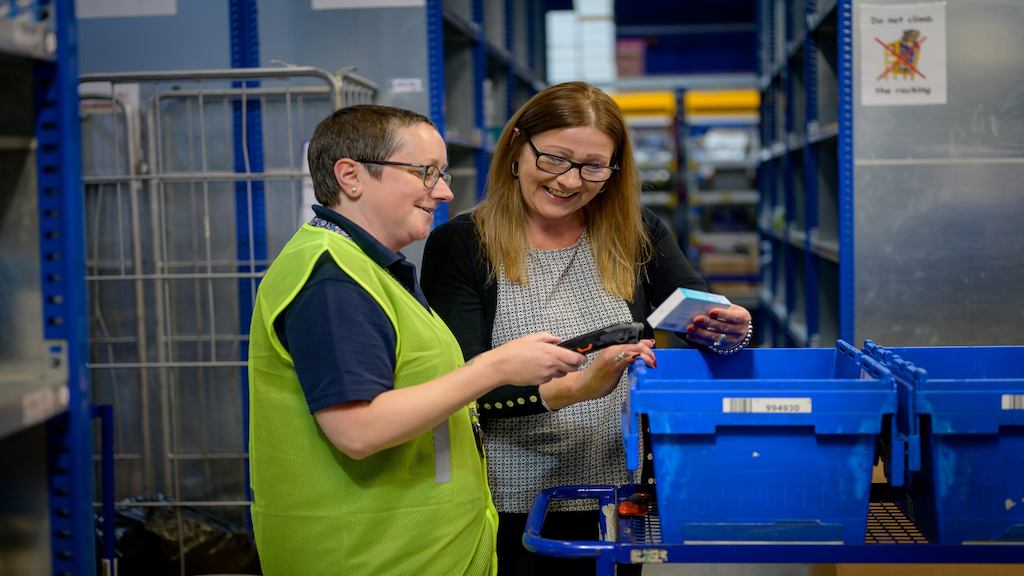“UK businesses have been struggling with severe worker shortages over the past two years, partly due to high numbers of people over 50 leaving the workforce. Of the more than 300,000 working-age adults who have left the labour market since the start of the COVID-19 pandemic, nine in ten are older workers aged 50-64. That is a huge loss of skills, knowledge, experience and expertise. Retaining more older workers in the labour market for longer is central to solving the UK’s labour shortages and economic malaise. The older workforce is the workforce.
“People aged 50+ make up almost a third of the current workforce, this is a huge talent pool that inclusive employers can be benefitting from. Older workers can play a key role in growing our economy, but at the moment, too many are leaving the workforce before they want to and when they still have so much to offer.
“It is clear that this issue is not going away by itself and we need concerted and targeted efforts from both government and employers to attract and retain more older workers in employment. We are slowly seeing a welcome change from employers who are now recognising that older workers provide an effective solution to their skills and labour shortages. High profile businesses including McDonald’s, easyJet and Halfords have all stated their intention to recruit more older workers in recent months.
“Companies that can offer the right conditions for older workers with flexible working arrangements, easy access to employer support, and are able to remove ageist barriers from their workplace, recruitment processes and training will be the companies that benefit most from having a multigenerational workforce and will be best placed to overcome labour and skills shortages.”
The Centre for Ageing Better has just launched its Age-friendly Employer Pledge to help businesses and organisations who want to address urgent labour shortages and maximise the potential of older workers.

